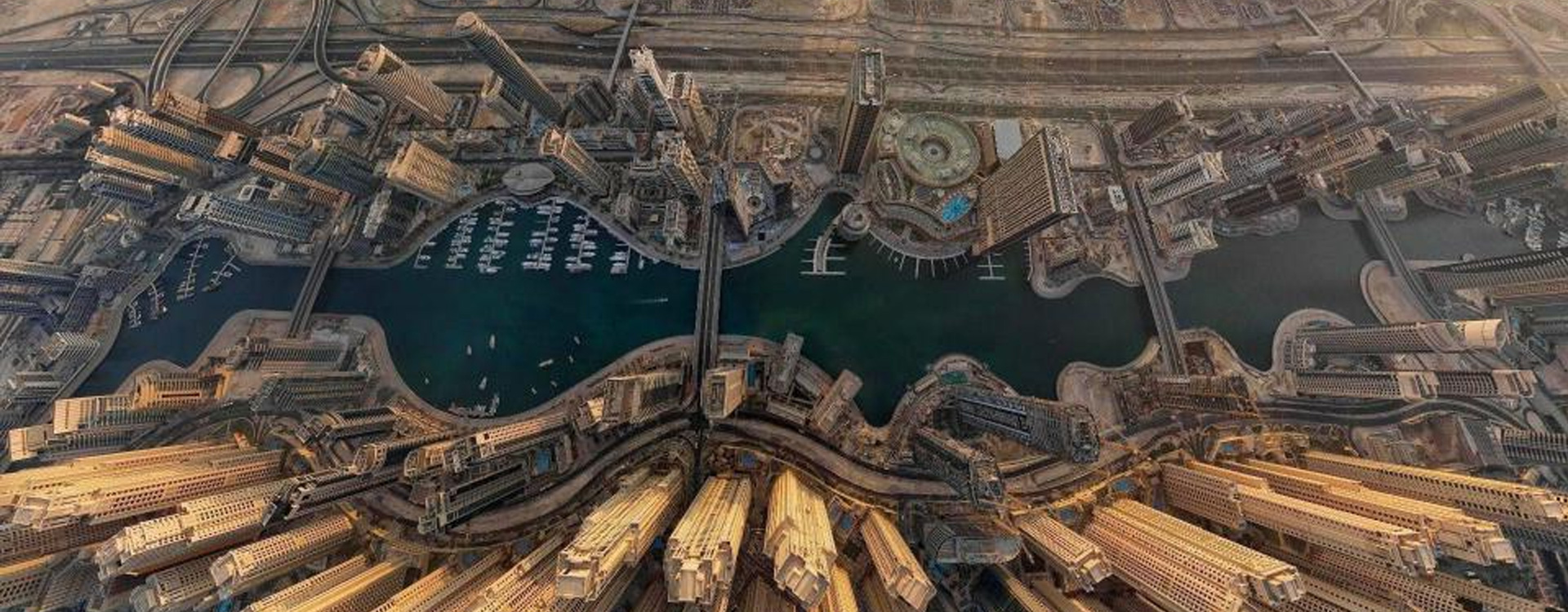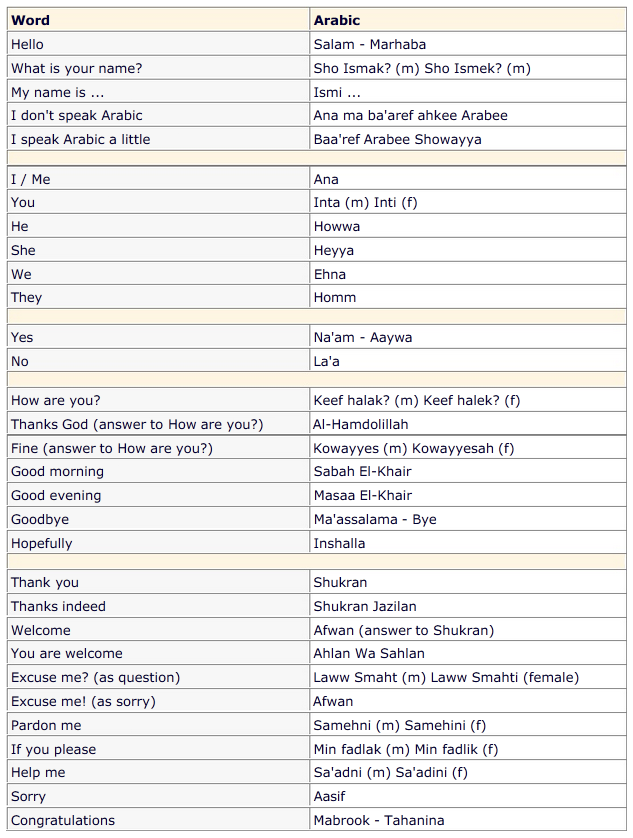Transport
Sightseeing in Dubai and getting around by public transport is very easy.
Dubai has an Integrated Public Transport System with two metro lines, a bus network and a tram service that links metro stations with residential neighborhoods.
Travel tickets are valid for all systems. On the ticket, you will find the number of transfers allowed indicated.
Dubai is divided into seven zones from T0 to T3 and fares depend on the number of zones you need to pass through. The price of the trip is calculated electronically when entering and leaving the stations, while on the bus you have to swipe the card through a reader.
There are lockers in airport terminals and in the main stations and vending machines in metro or bus stations. In addition, season tickets can be recharged online.
Types of tickets
Before taking public transport and embarking on a new tourist adventure in Dubai, you must purchase your ticket or Nol card to travel.
The maximum daily cost for using the entire transportation system is 14 dirhams, which is the initial credit. At any time, you can recharge your ticket and continue enjoying all its advantages. The tickets purchased are valid for 5 years.
The Nol Red Ticket is a pass with credit for 10 trips of any duration. It costs 2 dirhams plus the cost of travel and is valid for 90 days. A daily ticket costs 2 dirhams plus the cost of travel (maximum 14 dirhams).
Ticket price by zone
T0 trips (less than 3km) cost 1.80 dirhams, T1 trips (within one zone) 2.30, T2 trips (in two zones) 4.10d and T3 trips (in more than two zones) 5.80 d.
T0 trips are valid for 90 minutes, T1 to T3 trips are valid for 180 minutes.
minutes of validity, including transfers.
Metro lines in Dubai
The Dubai Metro has two lines.
The red line which runs from the airport to Deira, crosses Dubai Creek and runs
parallel to Sheik Zayed Road to Jebel Ali.
The green line It links the neighborhoods located to the north and east of Deira with the neighborhoods to the south of Dubai Creek, in Bur Dubai.
The lines intersect at two stations: Union, in Deira, and Burjuman, in Bur Dubai. Normal hours are Saturday to Thursday from 6:00 a.m. to 11:00 p.m. and Fridays from 2:00 p.m. to 12:00 p.m. The train will pass approximately every 4 or 7 minutes.
Buses in Dubai
Buses connect residential and tourist neighborhoods with the metro. They pass frequently and circulate on established routes.
The stops are covered and air conditioned. The most useful lines for tourists are those that connect the coastal resorts of Jumeirah, Dubai Marina and Jebel Ali with the red metro line to access the places of interest of Sheikh Zayed Road, Deira and Bur Dubai.
take a taxi
Taxis are plentiful (about 7,000) and inexpensive, but the skill of taxi drivers varies.
Taxis have meters. The minimum fare is 10 dirhams in the city and 20 to 25 from the airport. The fare fee is 3 dihams if the taxi is stopped on the street and 6 d if it is sent. You have to add 1.71 d per kilometer. The
Rates drop from 10:00 p.m. to 6:00 a.m.
Taxis usually wait in front of hotels, tourist places and shopping centers. Taxis with pink badges are reserved for women and families.
You can book a taxi for a morning or a full day for sightseeing and it is common to round up the price of the trip up to 5d as a tip for the taxi driver.

Electricity
The electrical current is 220/240 volts and 50 hertz. The plugs have three prongs. Visitors carrying electrical appliances must have a plug adapter.
Medical attention
Dubai has a good quality healthcare system, with highly qualified English-speaking staff.
Some hotels have a doctor on call and contacts with dental clinics.
Emergency care is free, but the cost of other treatments is high.
They will ask you for proof that you can pay before starting treatment.
It is recommended to have insurance with broad coverage.
The two main state hospitals are Dubai Hospital in Deira (phone 2195000) and Rashid Hospital in Oud Metha, which is private (phone 3367777).
These three hospitals have emergency services.
Pharmacies are well stocked and sell many medications without prescriptions.
Money
You can exchange currency at the airport, in banks and in hotels.
There are many ATMs around the city, in shopping centers and in hotel lobbies.
Credit cards are accepted everywhere. Some small businesses charge a surcharge for paying by card and give discounts if you pay in cash.
In the souks and markets it is common to haggle, in the shopping centers the prices are fixed.
With traveler's checks you cannot pay in stores. They can be exchanged in banks, exchange agencies and hotels, but at less advantageous rates than cash.
Schedules
Friday is the holiday of the Muslim week and the weekend covers Friday and Saturday, but some businesses are closed Thursday and Friday.
Shopping centers open every day from 10:00 a.m. to 10:00 p.m. and other businesses from 9:00 a.m. to 1:00 p.m. and from 4:00 p.m. to 9:00 p.m.
The shops close on Fridays from 11:30 a.m. to 1:30 p.m. for the main prayer.
Government offices are open from Sunday to Thursday from 7:30 a.m. to 2:30 p.m.
Post offices are open from Sunday to Thursday from 8:00 a.m. to 1:00 p.m. and from 4:00 p.m. to 7:00 p.m.
The offices are open from 8:00 a.m. to 5:00 p.m.
Banks are open from Saturday to Wednesday from 8:00 a.m. to 1:00 p.m. and on Thursdays from 8:00 a.m. to 12:00 p.m.
Many restaurants serve meals all day long, however some only serve dinner.
During Ramadan, many restaurants only open after sunset.
Holidays
The main Muslim holidays change dates according to the lunar calendar.
Variable holidays:
- Eid al Adha (Feast of sacrifice, at the end of the haj or pilgrimage to Mecca).
- Ras al-Sana (Islamic New Year)
- Mawlid al-Nabi (Birthday of the Prophet Muhammad)
- Lailat al Mi'Raj (Ascension of the Prophet Muhammad)
- Eid al Fitr (three-day festival at the end of Ramadan)
Fixed holidays:
- New Year's Day (January 1)
- Ascension to the throne of Sheikh Zayed (August 6)
- United Arab Emirates Day (December 2)
Security
Crime is low, but it is convenient:
- Do not carry large amounts of money.
- Leave your valuables in the hotel safe.
- Keep an eye on your belongings in public places.
- Women may be the subject of excessive attention if they wear little clothing on public beaches.
Language

The official language of Dubai is Arabic, but the use of English is widespread. People are always happy to practice foreign languages, but if you use a few words in Arabic you will receive an enthusiastic response. The vocabulary that follows is based on phonetic transcriptions of Arabic words. In parentheses are the feminine forms (used by women or to address women). All traffic signs and indications and signs at airport terminals are in Arabic and English.

